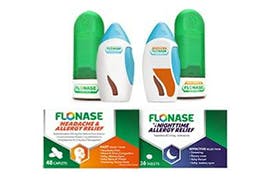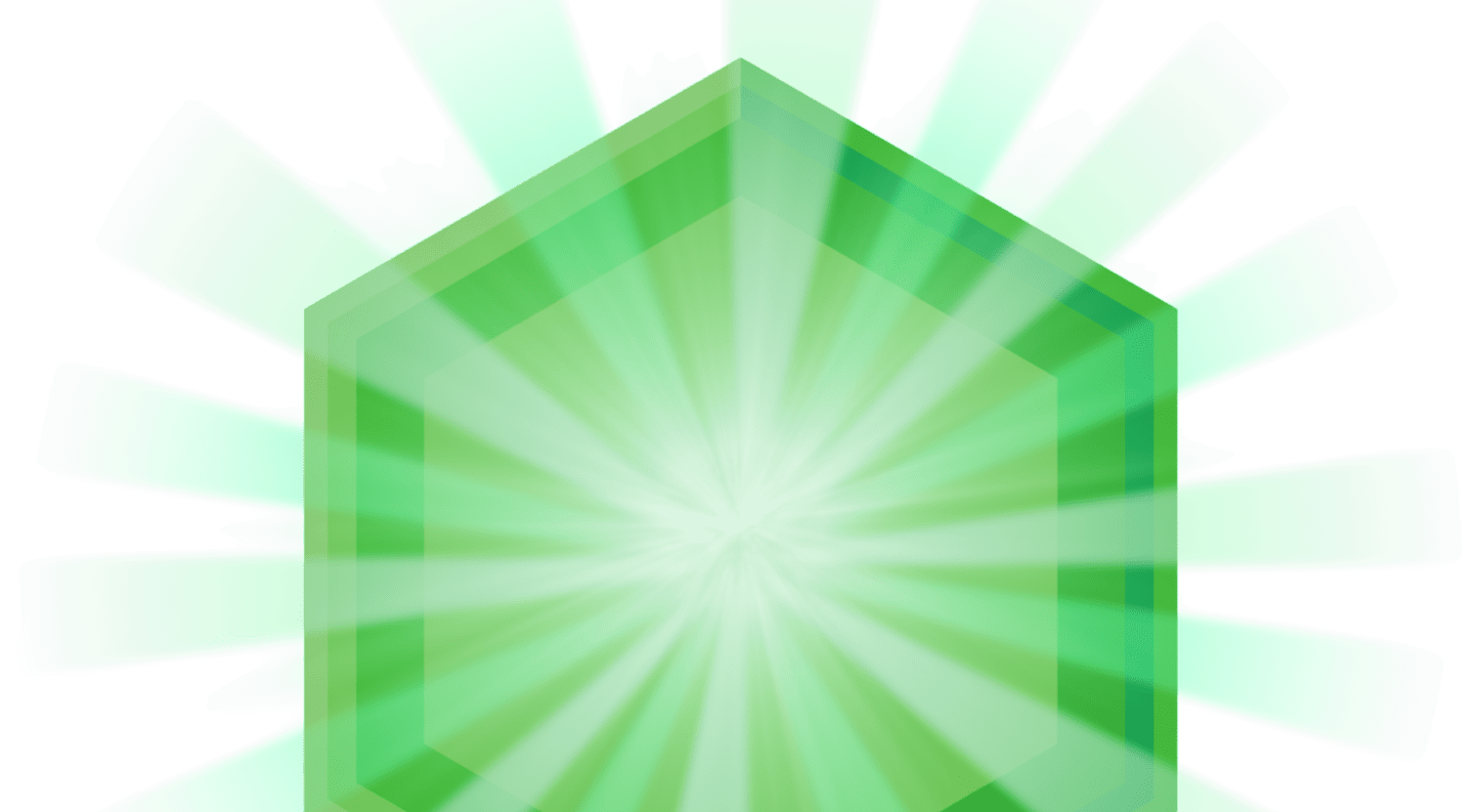Pollen Allergies: Causes, Symptoms & Treatment
People are affected by all kinds of allergens. Some of us need to avoid pollen and dust; others can’t be around dogs or cats. But no matter what you’re allergic to, allergy symptoms can interfere with daily activities and reduce your quality of life.
Click below to learn more about each type of allergen.
POLLEN ALLERGIES
Plants produce tiny grains of pollen as part of their reproduction process. These powdery yellow grains are what fertilize other plants of the same species.1
Pollen can be spread from plant to plant by insects or birds, but often it is fine and light enough to be carried by the wind.2 It’s this airborne pollen – produced by certain types of trees, grasses, and weeds – that causes most seasonal allergy symptoms, also known as hay fever.1
If you have a pollen allergy, your body mistakes the pollen for a dangerous substance and triggers an immune response to fight it off. This involves the production of inflammatory substances in the body, including histamine, which cause your allergy symptoms.3
When there’s lots of pollen in the air, you’re more likely to inhale it and experience symptoms1, which is why your pollen allergies tend to be worse at certain times of year.
TYPES OF POLLEN THAT CAN CAUSE ALLERGIES
TREE POLLEN
Trees are the first plants to produce airborne pollen each spring and they produce lots of it. Depending on where you live, tree pollen season can start in late winter or early spring.
RAGWEED POLLEN
Ragweed plants are some of the biggest pollen producers in North America—and because they reproduce so quickly, they’re hard to control. Peak weed pollen season runs from late summer through early fall.
GRASS POLLEN
Grasses are responsible for a lot of seasonal allergy symptoms because they tend to be widely grown. Grass pollen season lasts from late spring through early summer.
POLLEN ALLERGY SYMPTOMS
Common pollen allergy symptoms include:1
- Nasal congestion
- Sneezing
- Runny or itchy nose
- Itchy, watery eyes
POLLEN ALLERGY TREATMENTS
There are a number of ways you can get relief from your hay fever symptoms. These include limiting your exposure to pollen and taking medications designed to reduce the symptoms.1
An effective medicine for pollen treats a range of symptoms, including nasal congestion. FLONASE products are designed to offer 24-hour relief from both nose and eye-related allergy symptoms. They accomplish this by helping to block 6 allergic substances produced by your body. Most allergy pills only block one.*
When you’re allergic to pollen, it also pays to plan ahead so you’re ready when symptoms hit. Here are 6 ways to prepare for the allergy season.
*Mechanism vs. most OTC allergy pills. Flonase acts on multiple inflammatory substances (histamine, prostaglandins, cytokines, tryptases, chemokines and leukotrienes). The exact number and precise mechanism are unknown.
Sources:
1. AAFA. Pollen Allergy. https://www.aafa.org/pollen-allergy/. Accessed December 16, 2019. Referenced text is highlighted in source PDF.
2. WebMD. Pollen Allergies Overview. https://www.webmd.com/allergies/pollen_allergies_overview#1. Accessed December 16, 2019. Referenced text is highlighted in source PDF.
3. Mayo Clinic. Allergies. https://www.mayoclinic.org/diseases-conditions/allergies/symptoms-causes/syc-20351497. Accessed December 16, 2019. Referenced text is highlighted in source PDF.




